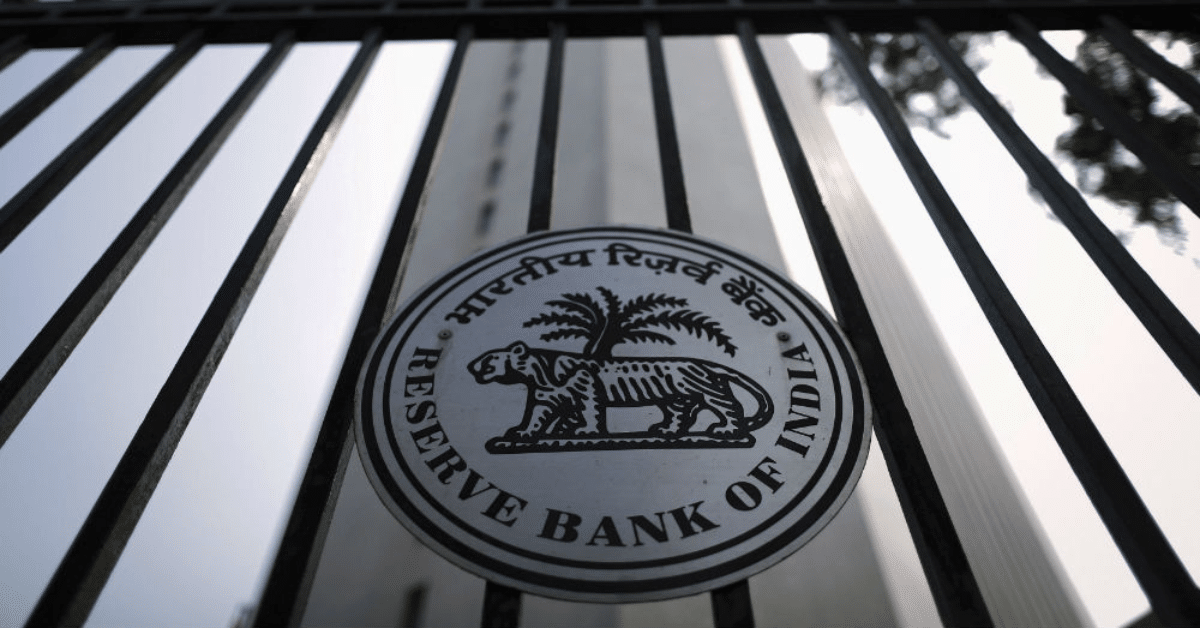SUMMARY
An unnamed card network has been directed to keep in abeyance all card-based business payments made via certain intermediaries to entities that do not accept card payments
Under the radar are business payments solutions providers or intermediaries that accept card payments for business payments and then remit the funds via IMPS/RTGS/NEFT to non-card accepting recipients
RBI has said that approval was not sought for such transactions from relevant authorities, thereby rendering the entire payment activity without legal sanction
Just a day after reports about the Reserve Bank of India (RBI) directing card networks Visa and Mastercard to halt commercial card-based business payments, the central bank has issued a new diktat.
In a circular dated February 15, the RBI has directed an unnamed card network to keep in abeyance all card-based business payments made via payments intermediaries to entities that do not accept card payments.
“It has come to the notice of (the) RBI that a card network had an arrangement that enables businesses to make card payments through certain intermediaries, to entities that do not accept card payments… As the matter is under detailed examination, the card network has been advised to keep all such arrangements under abeyance, till further orders,” said the circular.
Under this arrangement, the business payments solutions providers or intermediary accepts card payments from corporates for business payments and then remits the funds via IMPS/RTGS/NEFT to non-card accepting recipients.
As per industry sources, this was a special arrangement brought in by card networks Visa and Mastercard to improve acceptability of credit cards for business transactions.
The arrangement was only valid for commercial or corporate credit cards, wherein payments intermediaries would charge a much lower merchant discount rate or interchange fee to certain empanelled vendors.
“Card networks introduced a much lower interchange, so that cost of acceptance does not become a challenge. Business payments solutions providers or BPSPs, their acquirers and issuers entered a mutual commercial agreement at a much lower pricing which could be as low as 0.3%,” according to one source close to a fintech unicorn.
Another source in the fintech industry added that the RBI may also be examining whether the settlements from BPSPs are for legitimate transactions and not for round-tripping or money laundering.
The central bank observed that any arrangements with card networks requires certain authorisation under the provisions of the Payment and Settlement Systems (PSS) Act, 2007. It said that approval was not sought for such transactions from relevant authorities, thereby rendering the entire payment activity without legal sanction.
The central bank also raised other issues with this payments arrangement:
- The intermediary in question pooled large amount of funds into an account which is not a designated account under PSS Act
- Transactions processed under this arrangement did not comply with the originator and beneficiary information requirements
The RBI also said that, so far, only one card network has operationalised this arrangement in the country.
The first point above hints at a payments gateway falling afoul of the rules since payment gateways are not authorised to pool funds for settlements.
This comes just a day after RBI directed Visa and Mastercard to temporarily suspend all commercial card-based payments. The back-to-back directives from the RBI add to a long list of troubles for the fintech ecosystem which has been grappling with the aftermath of this regulatory crackdown.
The recent spate of orders from the central bank has impacted operations at names such Paytm Payments Bank, with reports making the rounds that both EnKash and Paymate have also been hit by RBI’s order to Visa and Mastercard on Wednesday.
Disclaimer
We strive to uphold the highest ethical standards in all of our reporting and coverage. We StartupNews.fyi want to be transparent with our readers about any potential conflicts of interest that may arise in our work. It’s possible that some of the investors we feature may have connections to other businesses, including competitors or companies we write about. However, we want to assure our readers that this will not have any impact on the integrity or impartiality of our reporting. We are committed to delivering accurate, unbiased news and information to our audience, and we will continue to uphold our ethics and principles in all of our work. Thank you for your trust and support.



![[CITYPNG.COM]White Google Play PlayStore Logo – 1500×1500](https://startupnews.fyi/wp-content/uploads/2025/08/CITYPNG.COMWhite-Google-Play-PlayStore-Logo-1500x1500-1-630x630.png)